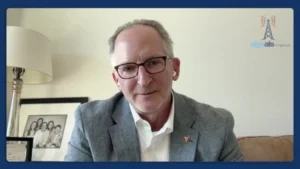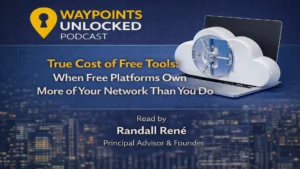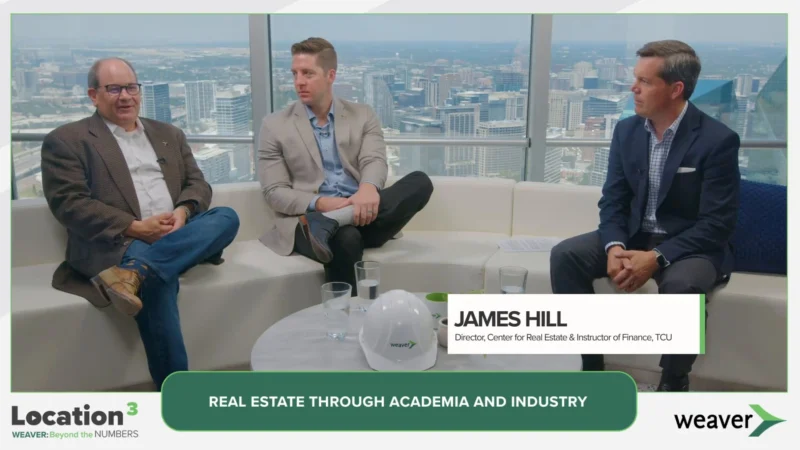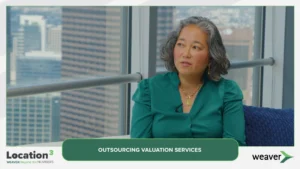Weaver Podcast: The Future of Revenue Recognition
Not too long ago, accounting standards established by the American Institute of Certified Public Accountants required real estate companies to navigate various purchase options and agreements that often resulted in limited guarantees for home sales. But that changed in May 2014, when FASB issued new guidelines designed to strengthen revenue recognition standards and increase transparency. Known as “Topic 606,” the new guidance required real estate companies to disclose additional revenue information in their financial statements.
Partner-in-Charge, Real Estate Services, Howard Altshuler spoke about how different the Fast 66 was prior to the new guidance saying that, “Fast 66 had prescriptive requirements that would enable a company to recognize revenue on a real estate scale. Primarily, they had to transfer title, that’s kind of a given. You had to have a really strong down payment, or all cash. You had to limit the amount of future participation with the project once it was sold.”
Once the FSAB released the new guidance, the rules all changed drastically, and more freedoms were enabled. The new rules set in place allowed companies to structure sales agreements in more creative ways.
According to Altshuler, “When 606 came out it went from that rules-based approach to more of a concepts-based approach. And some of those concepts were a little bit different. What it does is put things into the context of a performance obligation.”
To hear more of Weaver’s discussion about Topic 606 and its implications, as well as other news about the real estate industry, check out the latest episode of “Weaver: Beyond the Numbers.
Follow us on social media for the latest news in real estate!








